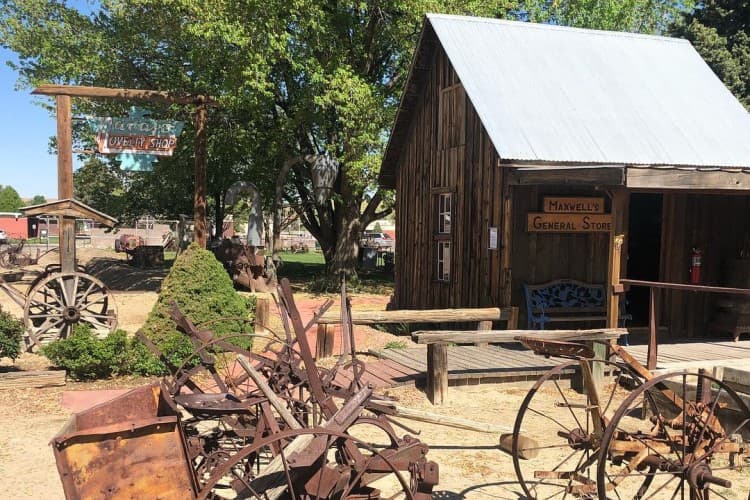Counterfeit Bill Alert in Archive Recap Raises Consumer Safety Concerns
An archival column published Nov. 3, 2025 revived a past Farmington Police Department warning about counterfeit one hundred dollar bills circulating locally, a reminder of ongoing risks to merchants and residents. The brief historical note matters to San Juan County because fraud episodes create economic strain, erode trust in local commerce, and intersect with public health and equity concerns.

An archival recap by Debi Tracy Olsen published Nov. 3, 2025 in the Tri City Record noted that in a past year the Farmington Police Department warned businesses and residents to be on the lookout for counterfeit one hundred dollar bills that had circulated locally. The item appeared as part of a weekly community history column covering the week of Nov. 3 through Nov. 9, and served as a reminder that consumer safety and fraud issues have long affected local merchants.
Although the column was presented as a historical snapshot rather than breaking news, the account carries practical implications for people who run businesses, volunteer with civic groups, teach, or manage household budgets. Counterfeit currency incidents can cause direct financial losses for merchants who accept fake bills and cannot recover the value from banks. They also divert law enforcement resources, and they can increase anxiety among small business owners who already face narrow margins.
Beyond immediate economic effects, incidents of consumer fraud touch public health through stress and financial insecurity. Research links financial loss and fraud related stress to worsened mental health, disrupted sleep, and reduced capacity for managing chronic conditions. Those health impacts are most likely to fall on community members with more limited financial reserves, including elders, people on fixed incomes, and small business owners who lack institutional protections.
The archival note also underlines equity considerations. Populations who have limited access to mainstream banking, who rely on cash more frequently, or who face language barriers may be at higher risk of encountering or unintentionally passing counterfeit currency. Community education that is linguistically and culturally appropriate can reduce harms, as can stronger partnerships between local law enforcement, chambers of commerce, schools, and nonprofit organizations that serve vulnerable residents.
Local civic groups and educators can use the archived column to prompt classroom lessons or community forums about consumer fraud prevention, reporting pathways, and financial safety. Policymakers and local leaders may consider investing in outreach, training for small merchants, and resources that improve access to banking and payment alternatives, all of which can reduce the likelihood that counterfeit currency causes lasting harm.
The Tri City Record recap serves as a small but useful historical record reminding San Juan County residents that fraud is not a once in a lifetime event. Attention to prevention, clear reporting channels, and equity focused outreach can help protect both the economic health and the physical and mental wellbeing of the community.


